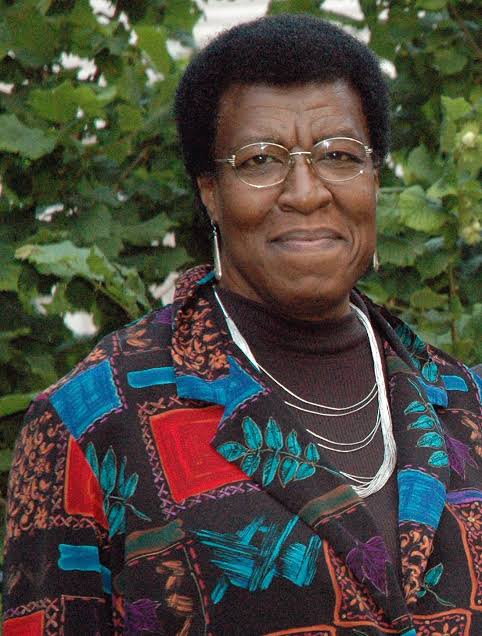by:
07/14/2025
0
Octavia E. Butler (1947–2006) was a groundbreaking American science fiction author whose work redefined the genre and opened doors for future generations of writers, especially women and people of color. Despite facing significant personal and societal challenges, including dyslexia, racial discrimination, and extreme shyness, Butler rose to become one of the most celebrated voices in speculative fiction.
Early Life and Challenges
Born in Pasadena, California, Butler was raised by her widowed mother in a strict Baptist household. She struggled in school due to dyslexia, which made reading and writing difficult. Teachers often misinterpreted her slow reading and difficulty completing assignments as laziness. Additionally, her extreme shyness and social awkwardness made her a target for bullying.
Yet, Butler found refuge in books and storytelling. By the age of 10, she was writing in a large notebook she carried everywhere. She once said, “I began writing about power because I had so little,” a theme that would echo throughout her work.
 A Literary Trailblazer
A Literary Trailblazer
Butler’s stories were rich with themes of power, identity, race, gender, and survival. She broke into the male-dominated world of science fiction in the 1970s, becoming one of the first Black women to gain prominence in the genre. Her most acclaimed works include:
Kindred (1979): A time-travel novel exploring slavery and ancestry.
Parable of the Sower (1993): A dystopian tale that eerily predicted social and environmental collapse.
Patternist Series and Xenogenesis Trilogy: Complex explorations of evolution, telepathy, and alien contact.
Awards and Recognition
Despite her early struggles, Butler’s talent earned her the highest honors in science fiction:
Two Hugo Awards
Two Nebula Awards
MacArthur Fellowship (1995): She was the first science fiction writer to receive this prestigious “genius grant”.
Langston Hughes Medal and a PEN Lifetime Achievement Award
Legacy and Impact
Octavia Butler’s influence extends far beyond literature. She is celebrated as a pioneer of Afrofuturism, and her work continues to inspire writers, artists, and activists. Her stories are taught in schools and universities, and her legacy is preserved in archives like the Huntington Library.
Butler once said, “I just knew there were stories I wanted to tell.” And tell them she did brilliantly, boldly, and against all odds.







0 Comments on this post: